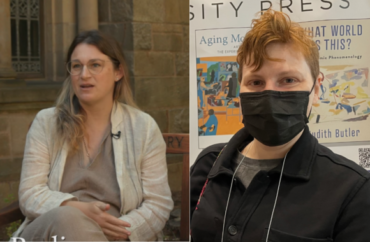
Students will read about ‘how to bring your kids up gay’
A class offered by Yale University this semester will ask students to consider “whether science can be made queer.”
The course description asks, “Can facial recognition technology really tell if you’re queer? Why is everyone so obsessed with gay penguins? For that matter, how did science come to be the right tool for defining and knowing sex, gender, and sexuality at all?”
The class, titled “Queer Science,” will be taught by Juno Richards (pictured, right) and Joanna Radin and will give students “a background in the development of sex science, from evolutionary arguments that racialized sexual dimorphism to the contemporary technologies that claim to be able to get at bodily truths that are supposedly more real than identity.”
Richards, who uses “they/them” pronouns, and Radin (pictured, left) have not responded to requests for comment on queer science as a field of study, their qualifications for teaching a course on the subject, and their responses to criticism of the course’s academic relevance. The College Fix sent two emails in the past two weeks; neither could be reached by phone call.
An education policy expert criticized the course in emailed comments to The Fix.
Jonathan Butcher, a research fellow in education policy at the Heritage Foundation, said it is dangerous to conflate ideological perspectives on gender with real science, especially for “young people—minor-age children—who have been encouraged in some cases to believe they were born in the wrong body. “
“By pursuing hormone treatments and puberty blockers and even surgery to permanently alter their bodies, the adults who are socially affirming minor youth who are confused about their sex are hurting these young people,” Butcher said. “Research finds that in most young people, the confusion over their sex resolves on its own as they complete puberty and enter adulthood.”
The course description says “students will engage with the tools, methods, and theories of both STS and queer studies that emphasize the constructed and political underpinnings of scientific thought and practice.”
However, Butcher believes the course does not meet the standards of scientific rigor typically expected in academia.
He said, “‘Gender’ is a fluid, abstract concept—and advocates describe it as such. Judith Butler’s writings and Gail Rubin’s work, for example, do more to link gender to Marxism and radical feminism than to clarify what, exactly, queer theory is.”
“This ambiguity around what ‘gender’ actually means creates more uncertainty than academic value.”
Butcher said “queer theory promotes incorrect facts on the subjects of sex and biology and mental health. Assuming a ‘gender’ that does not match your biology does not improve mental health,” he said.
“It is impossible to change from a male to female and attempts to do so cause irreparable harm to your body.”
Adam Kissel, a visiting fellow at Heritage, said, “Fortunately this year’s course will waste the time and tuition of no more than 15 Yale students,” referencing the class’s enrollment cap.
MORE: UMinn report says to hire trans scholars to help environment
The “Academic Integrity” section of the syllabus says, “We will explore the politics of generative AI as it relates to Queer Science and encourage you to regard it as an object of study before you turn to it as a substitute for reading and writing.”
While the syllabus did not necessarily contain the readings that will be used for the 2025 semester, it included a “representative” syllabus from when the course was last taught in 2021.
Some of those readings included “Scientific Racism and the Emergence of the Homosexual Body,” “Transvestism, Transsexualism, and Homosexuality,” and “How to Bring Your Kids Up Gay.”
However, the syllabus warned, “Many of the texts we will engage with this semester make essentializing claims about bodies and identities likely similar to some of our own.” Students were able to earn participation credit in another way if the topic “feels too personal.”
One lecture was called “Queer Cyborgs” and included readings such as “A Cyborg Manifesto: Science, Technology, and Socialist-Feminism in the Late Twentieth Century” and “My Words to Victor Frankenstein Above the Village of Chamounix: Performing Transgender Rage.”
Another lecture was titled “Disarming the Nuclear Family” and asked “How have scientific ideas about reproduction been shaped by heter[o]normative assumptions? How does de-emphasizing those assumptions change the kind of science that it’s possible to do?”
Other lectures included “Speculating Sex and Gender Beyond Science?,” “Sexing the Human Body,” and “Classifying Queerness.”
The College Fix previously reported that Yale is offering a course that will “interrogate with brutal honesty the stakes that underwrite Black women’s relationships with White women” this semester.
MORE: Boston U. offers ‘queering health’ course
IMAGES: Yale University/YouTube; Juno Richards/X
Like The College Fix on Facebook / Follow us on Twitter


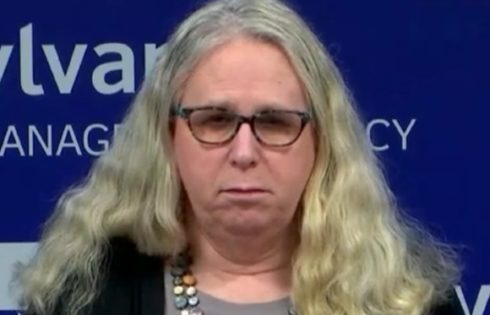
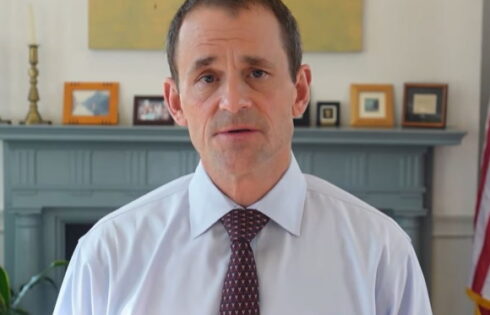
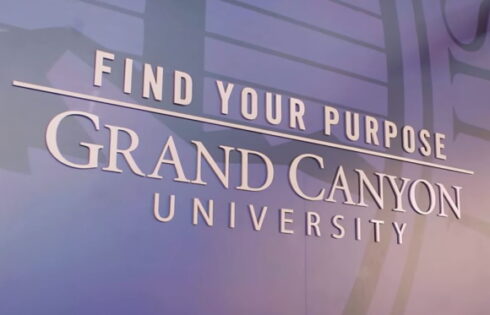
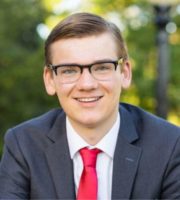
Please join the conversation about our stories on Facebook, Twitter, Instagram, Reddit, MeWe, Rumble, Gab, Minds and Gettr.